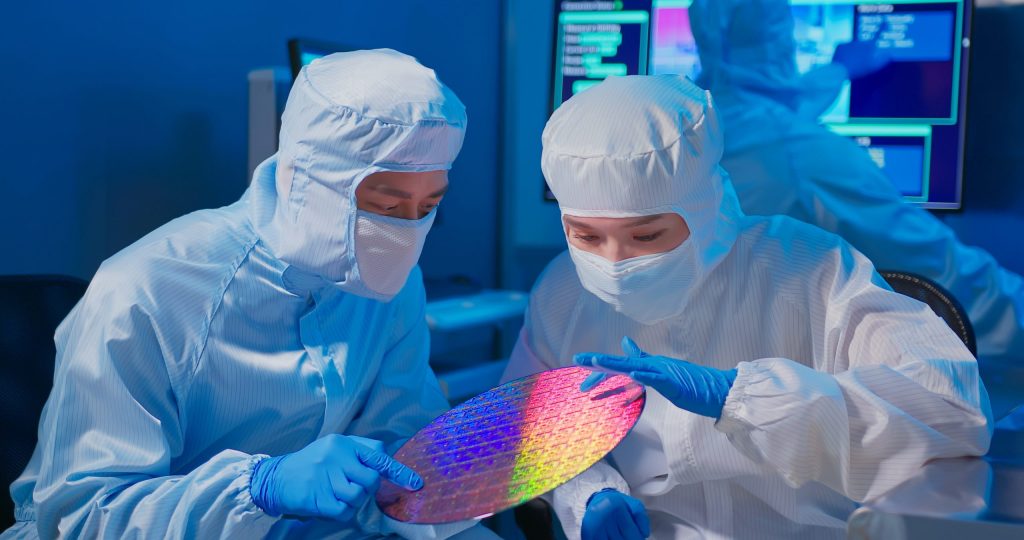
John’s research will address several research challenges associated with the design of Wirelessly Powered Implantable Medical Devices (WPIMD). WPIMD are miniaturized devices that can be implanted in the human body to enable continuous monitoring of physiological parameters such as blood glucose level, blood pressure and neural activity recording as well as neural stimulation and drug delivery. These devices use an external reader to provide RF power to the implant and also enable wireless transfer of data from the implant. The provision of Wireless powering removes the requirement for a battery but results in several key research challenges.
The research focus will be on the development of a highly integrated (sub 1 cm2) WPIMD based using a custom RFIC design to address the challenges outlined above. The custom RFIC will feature 4 key sub-blocks:
(1) An integrated radio designed for ultra-low-power operation
(2) An integrated on-chip antenna for standalone operation with the provision for an external antenna as part of a Multi-Chip-Module (MCM) solution,
(3) A reconfigurable front-end that will provide tunable impedance matching to enable the sensor to adapt to different placements of the implant, different tissue types and patients with different body mass index values
(4) An integrated RFtoDC converter to provide power to the sensor.
This project was allocated funding following the MCCI call for proposals for research into innovative future technology solutions in the area of microelectronics. The centre awarded over €5 million in funding to eight MCCI researchers for research into deeptech microelectronic solutions such as beyond 5G wireless communications, implantable biomedical devices, IoT, space and satellite electronics, and sustainable electronics.
To find out more please click here

